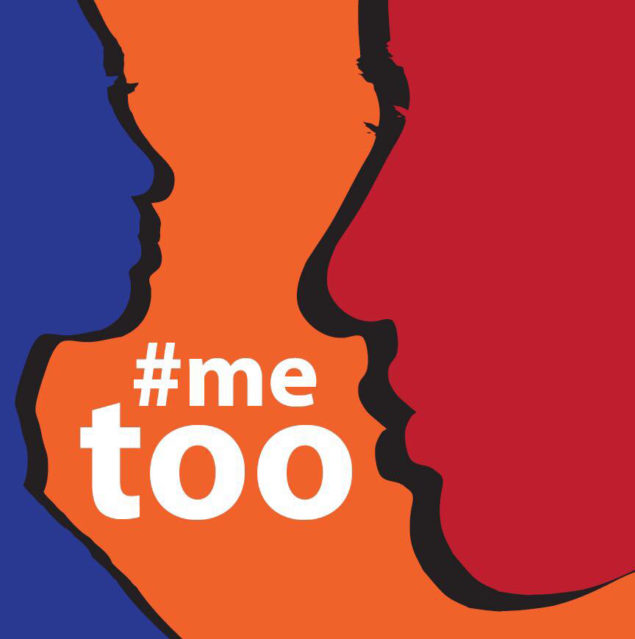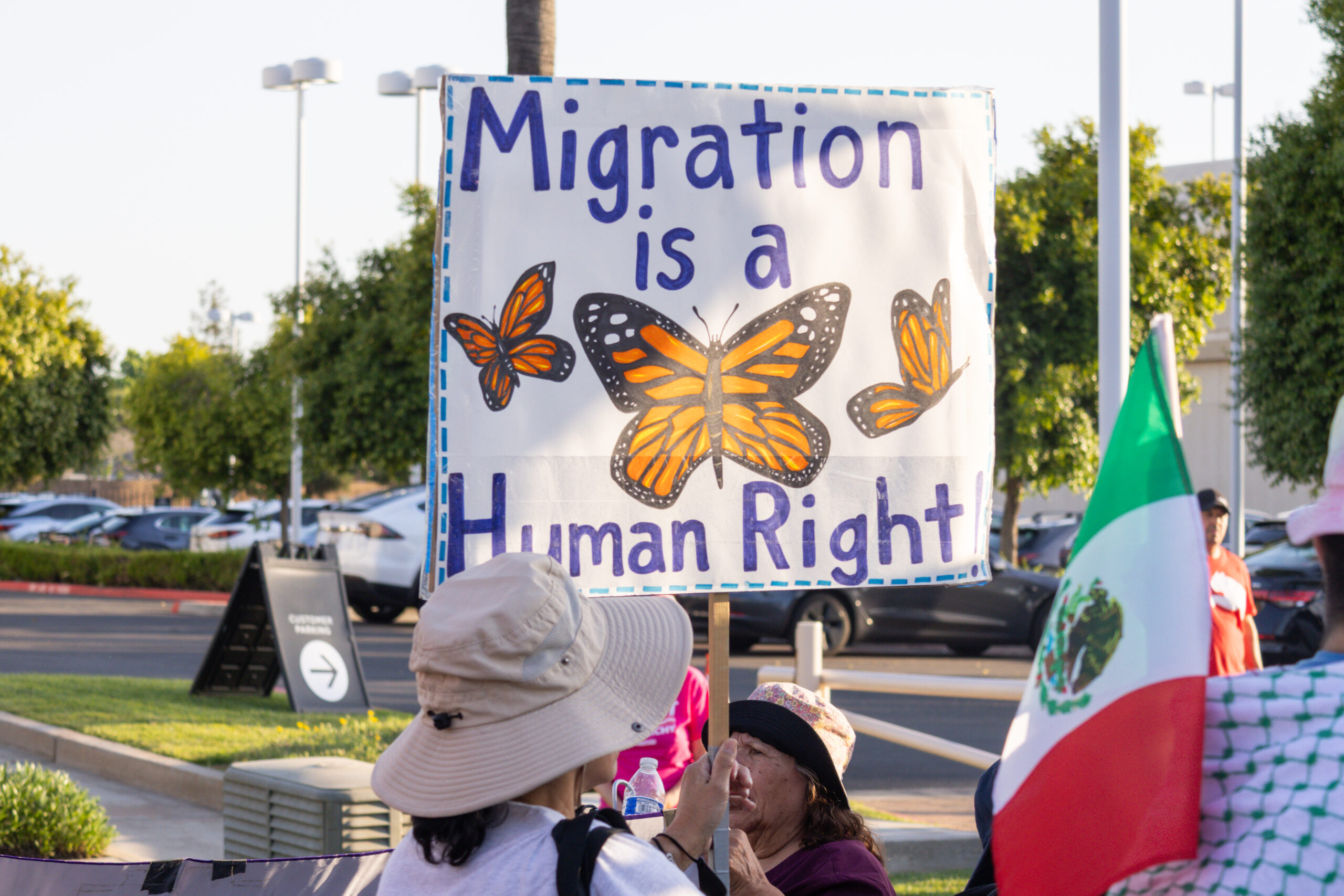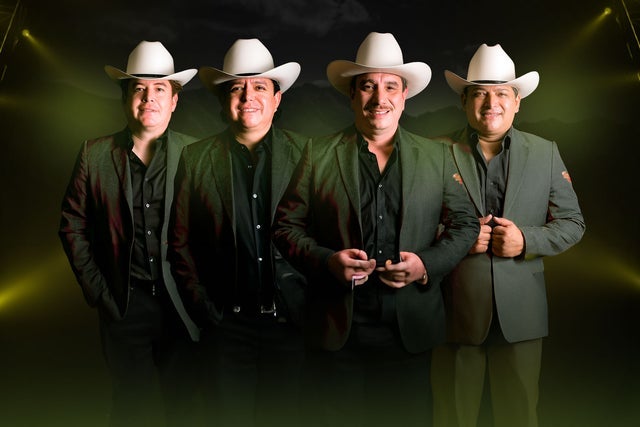![]()
![]()
On March 8, 2019, The kNOw Youth Media reporters Patrick Antunez and Raymart Catacutan attended the “#MeToo Monologues” at Fresno’s annual Rogue Festival. The Rogue Festival’s goal is to give local performers a platform to honor those who speak their truth and create a forward thinking culture. For the last 13 years they have done this by featuring acts ranging from theatre, dance, spoken word, music, performance and puppetry.
The following is a review of one of those performance, the “#MeToo Monologues” by Antunez (AT) and Catacutan (RC).

RC: This past Friday, you and I had the opportunity to experience the #MeToo Monologues at Rogue Festival. It was great to have been able to see this particular performance on International Women’s Day, so what do you think about how it was executed and the topics discussed?
PA: First of all, I want to address that seeing it on International Women’s Day made it a bit more dramatic. Overall, it was really heartfelt and eye-opening as I wasn’t quite sure on what the whole #MeToo movement was all about. It captured the pain that women go through on account of unwanted sexual assault and how it has affected them for a whole lifetime. What elements of the play stuck out to you?
RC: I think the points you touched on about the overall theme was what stuck for me. We can put the pretentious aspects of performance aside like acting, or progression and just look at what stories they were trying to tell. This was a small group of women who were playing multiple characters who endured harassment and pain. What stuck out to me was how descriptive the accounts of the events were. It was unapologetically descriptive because these were real stories that people endured. These stories were so broad as well with stories about harassment from men and women, and stories from different age groups. It didn’t feel like a part of an overarching movement; I think the #MeToo Monologues did the job of just speaking out. You say you weren’t too sure about what the movement is about, how did that change for you after seeing the performance?
PA: From a broader perspective, it reiterated the fact that my actions can affect people greatly. But for the #MeToo movement, it showed me that these women, although they went through these traumatic events, are strong and brave. Brave enough to speak out in a world that wants to keep these inhumane acts in the dark, but they boldly are telling their stories. When they were wrapping up the play and they all were looking at each other saying, “I hear you, I believe you, I support you, I love you, I am you,” it really showed me that together, these women can be there for each other in their toughest times and stay strong together. What did this show you about the #MeToo movement and the pain women have to go through?
RC: For me, walking out of the Vista Theater, I was thinking overall as a whole of how people treat people in every aspect. It’s crazy man, the idea that a person’s twisted desire could strip another of their feeling of comfort and innocence. I couldn’t even begin to fathom how that would feel. I think I learned to see that #MeToo isn’t like a club of who spoke out or who didn’t, nor does it seem to be about a certain gender or sexual orientation. Pain is a universal language, yet I think there was an aspect of performance that stuck out. It was the group of hooded figures that would chant either negative things at the victims or supportive things. It’s insane to me how easy it is to forget to empathize. I noticed the audience was predominately made up of older women, the only other males I saw were with their spouses. Something I took away from the show was how these issues were urgent because of how a new victim is taken everyday. Regardless of race, gender or orientation, the show helped illustrate how frequent these violating acts take place. I think everyone needs to listen not only to the monologues, but to your own friends about these issues. I’ll admit I could never fully understand unless I’ve been through it, but the least I could do is listen and be aware.



